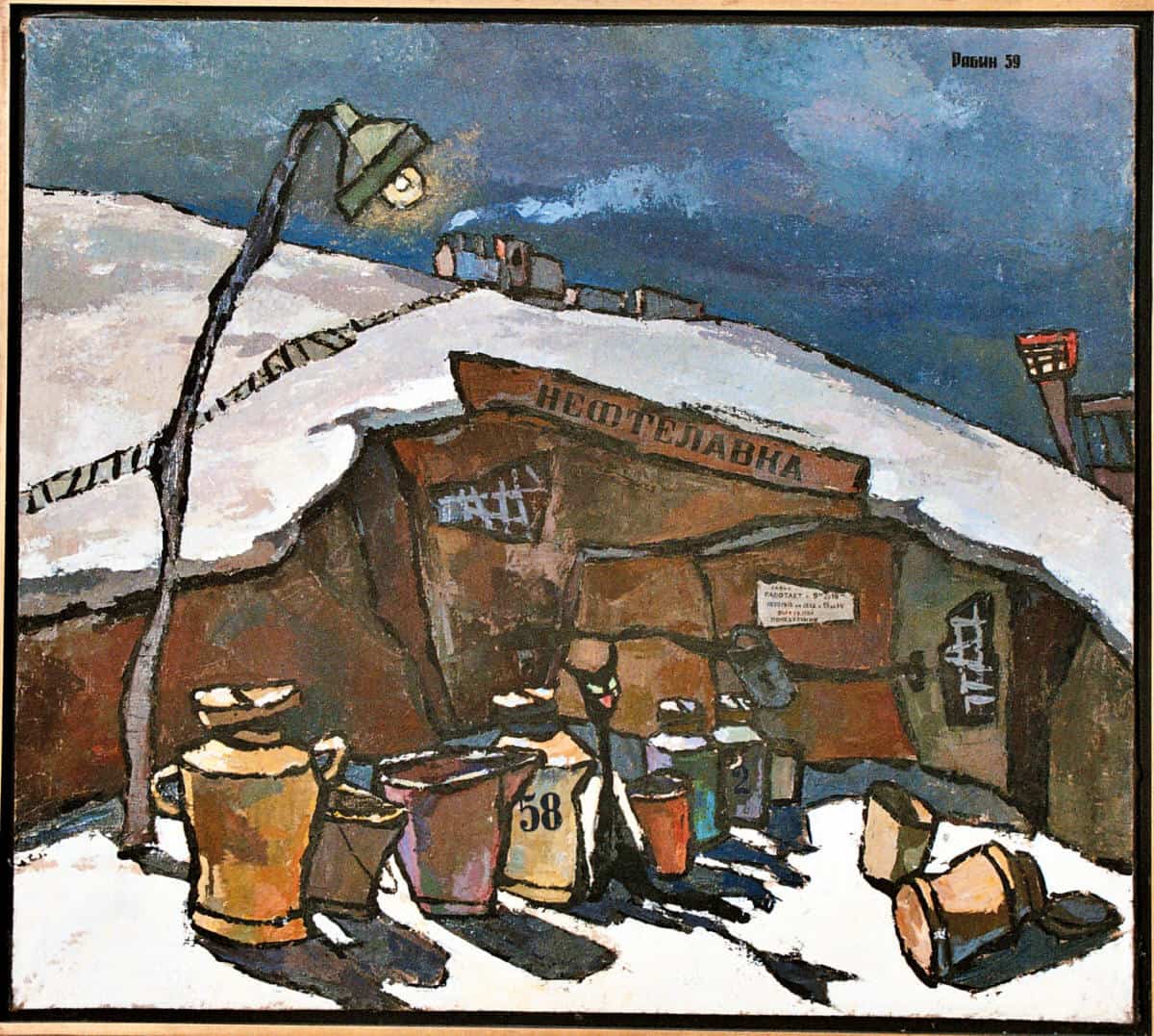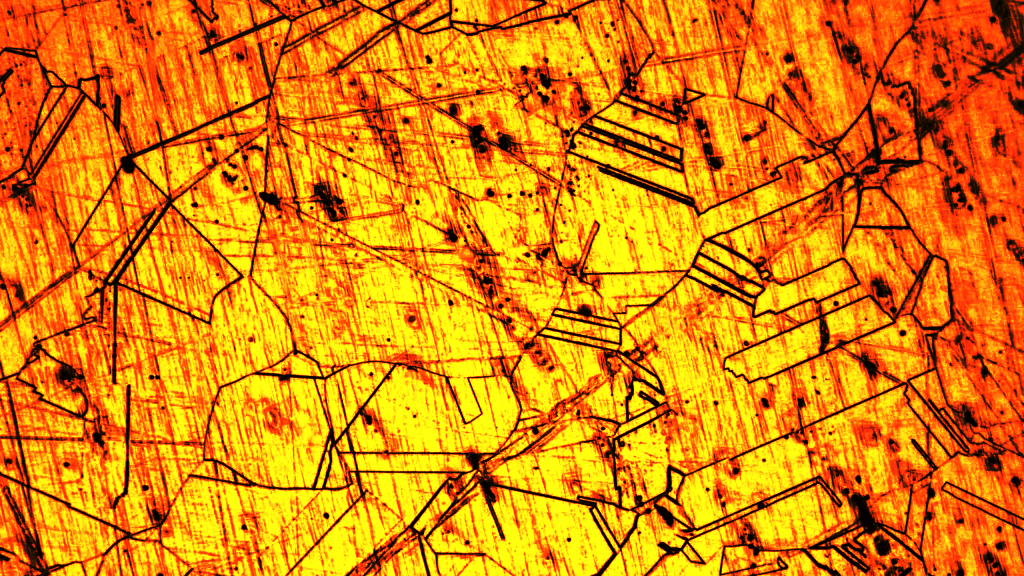I have lost count of the number of times that people ask me why I want to learn Russian, of all languages!

I decided to learn Russian for many reasons. So here goes. It starts with history, culture and my upbringing. When one is growing up, there are a lot of references to Russian people (stereotypes) on television and in the movies. Like for example Get Smart, James Bond and last but not least the Rocky and Bullwinkle show.
How many French spies did Mr. Bond get with in all of those movies? None, probably. For me, there has always been this mystery or enigma about them (no not the French, the Russians!). Maybe that’s it? Maybe it’s because it’s not French?
You see, here in Australia, the most popular language to learn has always been French. I studied it in highschool because there were only three options: French1, German and Japanese. That was it. There was never any Russian option available.
There are as many Russian speakers in the world as there are German and Japanese combined. Yet according to duolingo, there are over two and a half times the amount of German language learners (and at least 75% more Japanese language learners as well). Likewise, there are almost as many Russian speakers in the world as there are French speakers, and yet four and a half times as many people are trying to learn French as opposed to Russian. Why is that? I could equally ask “why aren’t more people trying to learn Russian?” or “Why are so many people interested in learning French/Japanese /German/Spanish?”. I don’t know.
We did study a little bit about communism and agriculture in Russia during highschool. I paid attention in class, because this particular teacher threw the end pieces of his chalk at you if you didn’t. LOL. Even so I found it fascinating —unlike oh I don’t know— learning about Constantinople (because I never had any idea where it was on today’s modern maps).
So I have always been intrigued by Russia and the USSR for example (but the cold war was before my time). And my father was a young man in world war two, learning how to drive tanks, so the Russian fighters would be mentioned in his old war stories. I soon found out that 20 million Soviet soldiers died fighting as our allies. So I think there’s a strong chance that without their help, we could have lost WW2.
And let’s not forget the iron curtain. You couldn’t know about Russia even if you wanted to (unless you were a spy). So I gradually started reading more about Russia when I was able to (and about the breakup of the Soviet Union and how it impacted people’s lives). It became much easier to read about the USSR/Russia after the internet became popular, in the mid to late nineties.
In other words, it’s not like African countries which nobody has ever heard of. Russia has a big world presence. Everybody has heard of Russia!
So many Americans are anti-Russian (or anti USSR for that matter) and it doesn’t seem logical or fair to judge an entire nation without really knowing about it. For example, in the cold war, it’s common knowledge that Cuba had [presumably Russian] missiles pointed at America. But before this, USA had missiles installed in Turkey and pointed at the USSR! So it’s a hypocritical situation and ever since I read about the Cuban missile crisis, my interest grew.
The analogy today would be that North Koreans are not bad or evil people, even though it is seen as a ‘regime’. With some people, if information is not freely available, they become even more curious about it. Right?
Also, in my culture, we tend to support what is called “the underdog”, for example in football games like your recent world cup. Because it makes the win even more special! So you could say that I wanted to know Russia’s side. I wanted to know how Russians think.
So I visited Moscow by myself in the year 2000 when I was 23 years old, to “see for myself”. Anyway, it was part of a round the world trip, so I didn’t have much time in each place. There was simply no time to learn 12+ languages. I wouldn’t know which ones to learn in any case! And in most places I could get by in English. But somehow Russia was different…
Despite this uncertainty about languages, way back then, I managed to learn most of the Cyrillic alphabet, and it was a good thing too, because I needed it to navigate there with the street signs and train stations (without any mobile phone or internet or anything!).
I got a kind of a culture shock, but in a good way. The whole thing was a great experience for me, almost like being in a parallel world. All of these mostly Caucasian people walking around, but speaking a very different language to ours.
I remember little things like the heavy doors to the metro and that people were actually helpful. Even a military officer politely escorted me all the way to the platform so that I could get to where I needed to go. Even so, travelling there felt strangely intimidating. I saw the seven Stalin buildings, which were very imposing (until then I had no idea they even existed!). My point is that for me at least it was all very surreal. Everything just seemed to be opposite to what I was used to. That was part of the appeal. Suddenly I felt like the foreigner.
Anyway, In 2005, I went back to St Petersburg. And again I was awestruck by the culture. I felt that the time invested in learning the alphabet has already paid off. But I still couldn’t speak any Russian!
During my two world trips, only a few places left a big lasting impression on me. One of them was Russia. And the other was Japan. That’s not to say I didn’t enjoy visiting other countries like Italy (one of my favourites for other reasons, like the food) and cities like NYC, Istanbul, Rio and Buenos Aires. But I digress. Anyway, I realised that unlike so many other countries, English was not very useful to me in Russia and Japan. Even in Japan for example the street signs are also written in English. But not in Russia (at least they weren’t when I went).
I was always one of those people who thought that they could never learn a new language after becoming an adult. So it never really occurred to me to proactively start to learn Russian. Well, I did buy a little pocket English–Russian dictionary (which I still have). But I just became overwhelmed and promptly gave up when I saw how long all the words were. Because I was young and naïve and I thought I could learn by reading a dictionary. Wrong!
Also, when I was doing my PhD, I encountered many relevant scientific papers about silica and colloidal chemistry written in Russian. I would have referenced some of them, but unfortunately I couldn’t understand them or interpret the results.
Eventually I moved to Spain (Tenerife), I lived there for about 8 years, and I managed to learn Spanish. So now I am back in Australia, feeling lost, and so I decided to start a new language-learning chapter in my life!
Maybe next time I will go to Russia in the Winter? Or maybe I will go on the trans-Siberian railway? I haven’t got any specific plans, but I am sure I will visit again one day — and I suppose the point is that I will be much better prepared2 with my language skills next time. Hopefully I will be able to strike up a conversation with “the enemy”. And who knows? Maybe I will find a beautiful Russian wife one day? I hope so!
And finally I should say that after starting to learn Russian words, I like them! I like how they sound! And the more I learn, the more I want to know! Because they sound strong! You don’t stuff around with unimportant words like ‘a’ and ‘the’. And I like all of the letters like Z, V, Y, X (and also j, q if you really want to know). They’re my favourite letters in the whole alphabet. Because whenever we play scrabble, these letters are worth the most points!
I hope that answers your question(s) as to why I want to learn Russian and what attracts me to Russian culture.


